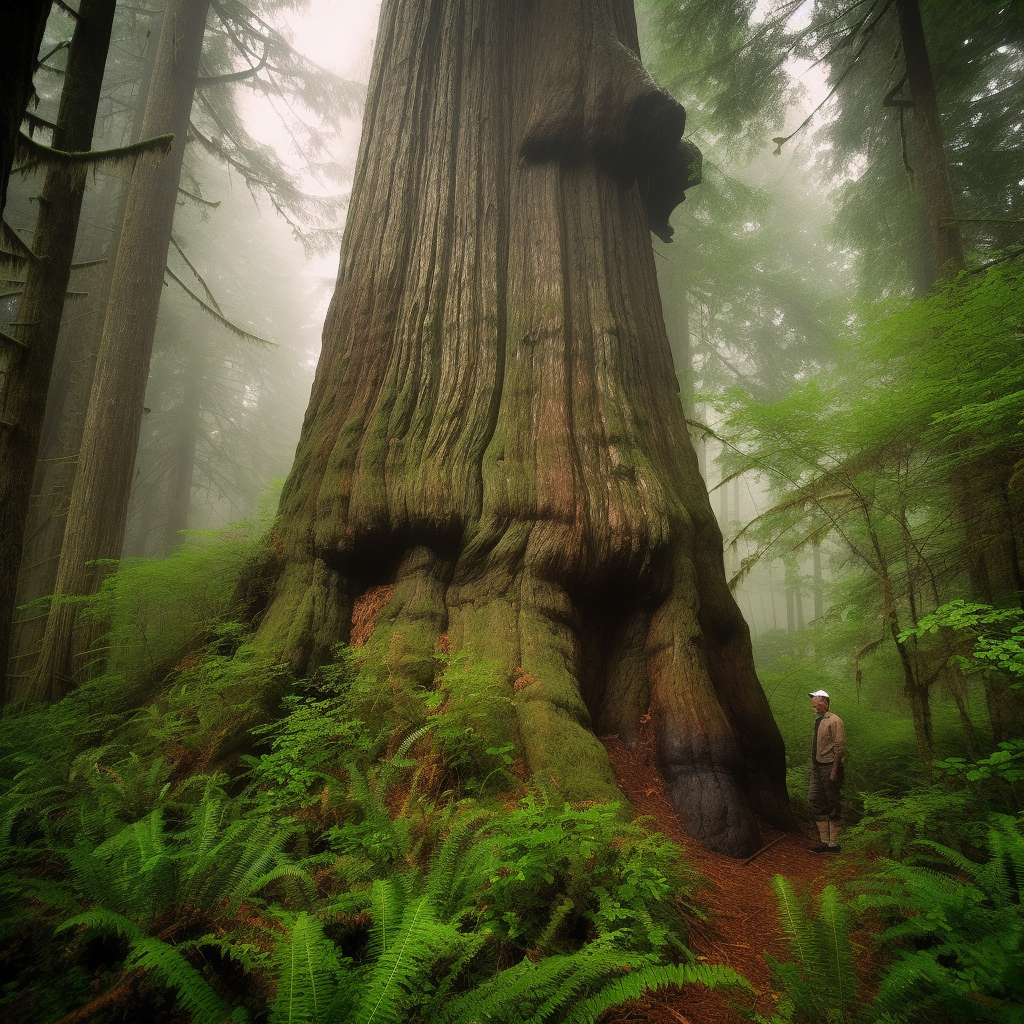December 21, 2023
Biden’s Ambitious Proposal for Old-Growth Tree Conservation in National Forests
Book a Demo
The Biden administration has recently unveiled an ambitious proposal to implement conservation measures for old-growth trees in national forests spread across the U.S. This decisive step is primarily designed to curtail logging, which has been identified as a significant contributory factor to the increased threats from wildfires, insects, and diseases—all of which are further aggravated by climate change.
In a historic first, the proposal includes the first nationwide amendment to the U.S. Forest Service management plans in its 118 years of existence. The main objective of this sweeping change is to strike a careful balance between the interests of the timber industry and the necessity of environmental conservation.
The administration plans to impose restrictions on commercial timber harvests specifically in old-growth forests. However, logging will be allowed in mature forests that have not yet attained the old-growth stage. This approach, although well-intentioned, has raised eyebrows in the timber industry. They have expressed concerns that the proposal might give their opponents legal leverage to challenge logging projects that are primarily aimed at mitigating wildfire risks.
On the other hand, environmental groups are pushing for even more stringent restrictions. They are advocating for the inclusion of mature forests within the purview of logging limitations, thereby widening the scope of the proposed measures.
The proposal doesn’t stop at old-growth trees alone. It also has its sights set on revising management plans for as many as 128 national forests and national grasslands by early 2025. This grand plan was announced by Agriculture Secretary Tom Vilsack, who referred to the new approach as “ecologically-driven” in relation to the management of older forests.
However, there is an air of uncertainty surrounding the sustainability of these proposed changes. The primary concern lies in what could happen if Biden were to lose the 2024 re-election bid. Would the administration that follows continue to uphold these measures, or would the hard work be undone? It remains to be seen how these ambitious plans for the conservation of old-growth trees will unfold in the coming years.
Science4Data is committed to cut through greenwashing and measure real impact. Join the journey to a sustainable future. Your actions matter.



